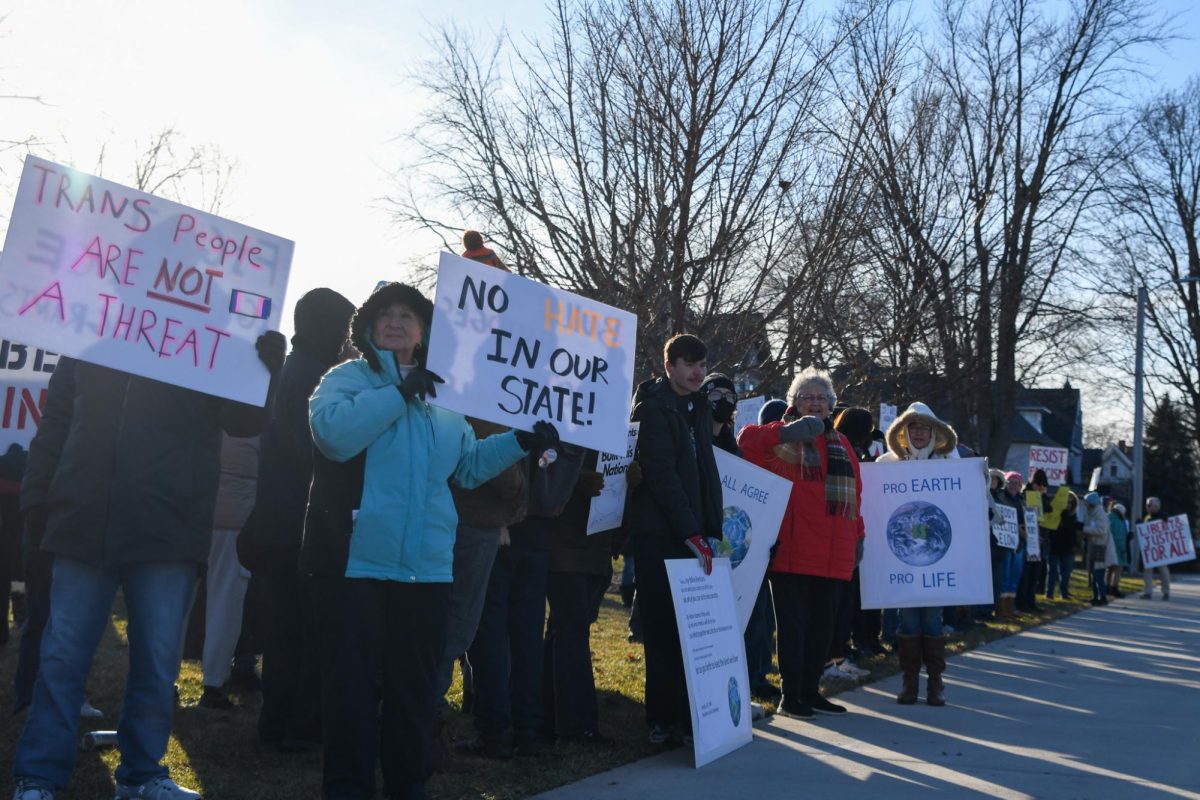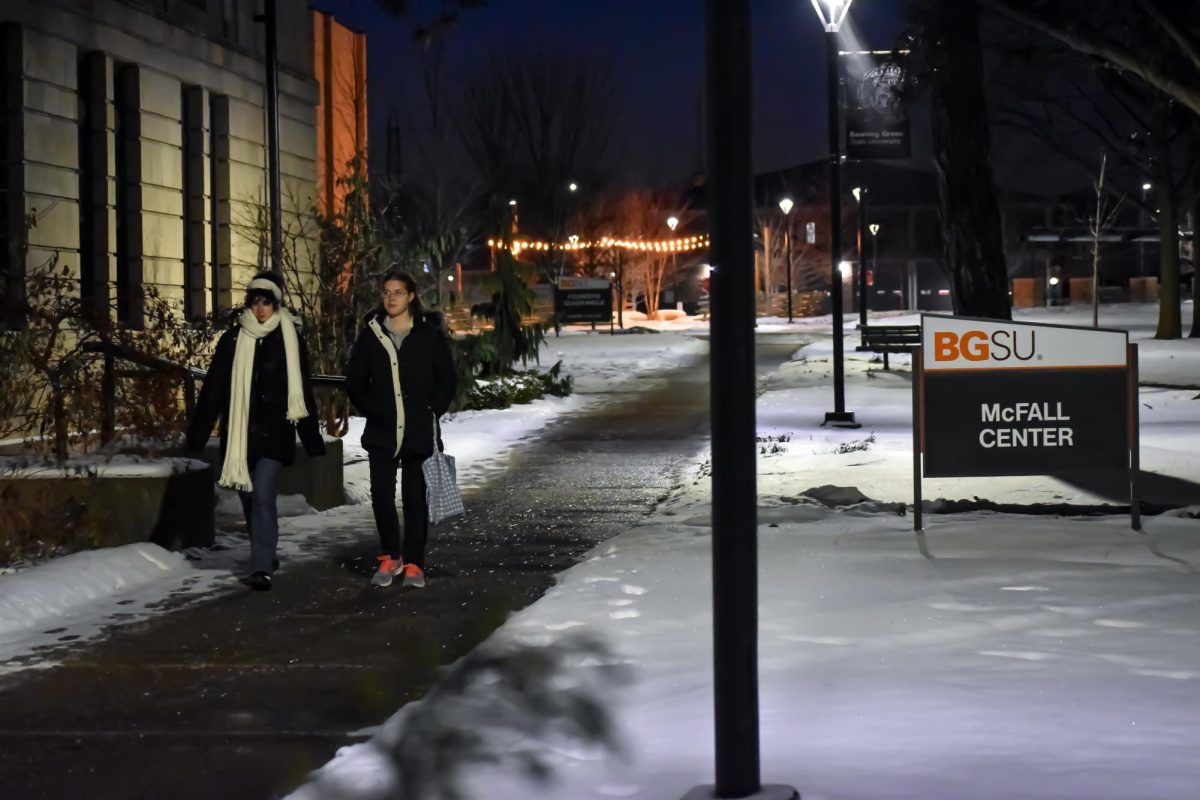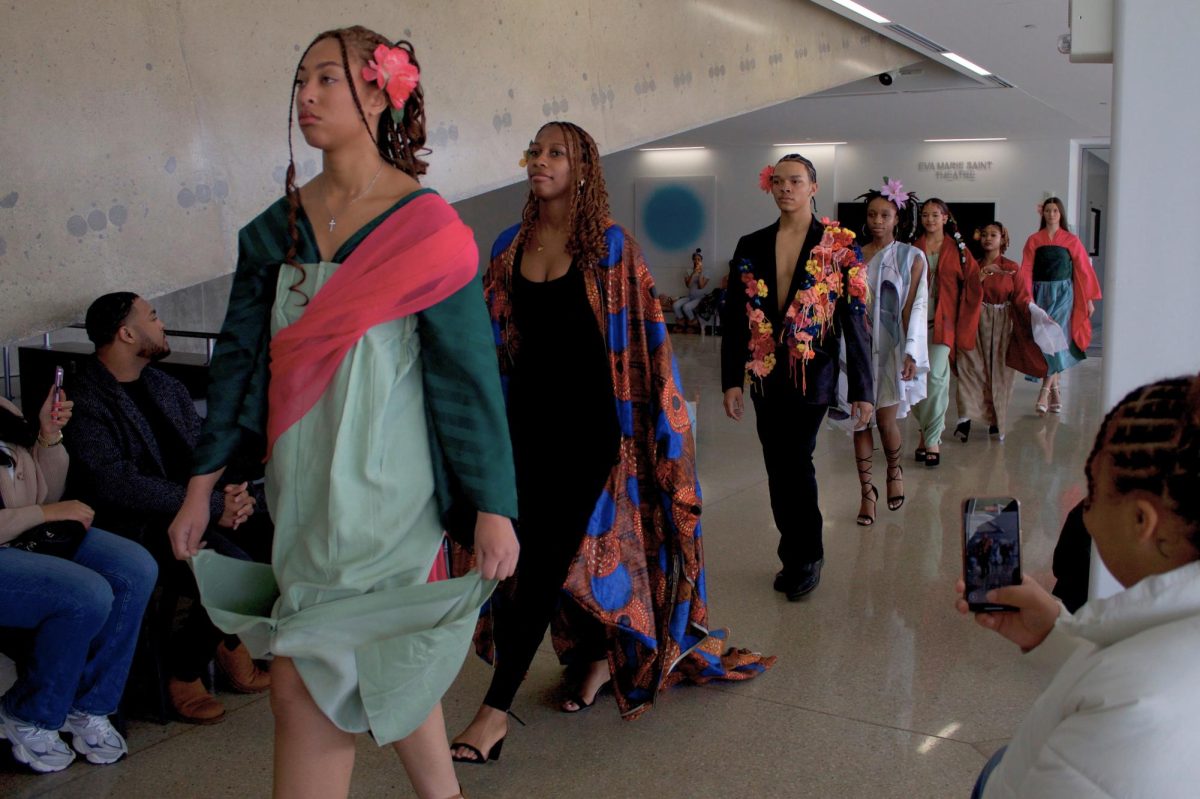For senior Tess Polando, finding a job after graduation will rely upon a lot of dedication and a little bit of luck.
“Finding a job will always be difficult,” Polando said. “It’s a lot of chance but once you find something you just have to hit the ground running.”
Upcoming graduates will need to get their foot in the doors of employers with resumes and a dedicated attitude to maximize their chances of landing a job, she said.
That dedicated attitude could prove vital in the job search since the national unemployment rate has doubled since 2008, according to the Bureau of Labor Statistics.
Despite the current economy, employers annually arrive in massive numbers to the University’s job and internship fairs, said Jessica Turos, interim director for the Career Center.
The job fairs are two-day events that take place every semester and are designed to introduce students to employers who are seeking potential hires or interns, according to the University Career Center’s website.
“We’ve seen an increase in employers visiting us over the past few years, which is a good sign,” Turos said.
Between fall 2012 and spring 2013 semesters, more than 300 employers visited the University’s job fairs to look for potential hires, she said.
More than 2,000 University students marketed themselves to these employers, a more than 10 percent increase from the previous school year, Turos said.
“We like seeing those numbers increase,” she said.
The majority of students who visit the job fairs are education and business majors, which made up the largest number of bachelor degrees conferred by the University last year, according to the National Center for Education Statistics.
While the national unemployment rate is an ominous sign for some students, education majors are staying positive by hoping the “baby boomer” generation retires in time for current University students to earn a job after graduation.
“We’re really hoping the ‘baby boomers’ retire soon so a window can open for people who earn education degrees,” said sophomore Kelsey Smith, an early childhood education major.
Between 2010 and 2020 almost 25,000 education jobs will become available to college graduates, according to projections calculated by the Bureau of Labor Statistics. These jobs include preschool, kindergarten and elementary school teachers.
Despite projections, recent numbers show 51 percent of people who graduated college since 2006 have a full-time job, according to a Rutgers University study released last year.
The job market could be suffering because of an increase in the number of people who are earning degrees, said Mary Ellen Benedict, chair for the department of economics at the University.
The increase in degrees conferred means there are less jobs available for recent college graduates, she said.
Plus, “[the economy] is just not recovering very quickly in terms of jobs,” Benedict said.
Evidence of this can be found with college graduates that are underemployed, meaning they are working at a job that someone without their degree is capable of obtaining.
More than 25 percent of all college graduates since 2006 are underemployed and 23 percent work at a job outside of their field of education, according to the Rutgers University study.
Another answer for why the job market is currently suffering could be a philosophy practiced by employers in the name of diversity.
Employers never want all of their employees to be the same age; they prefer to have a melting pot of young and old so when people retire they aren’t left scrambling to hire more workers. So when recent college graduates are hired they’re brought into an environment where experienced employees are there to serve as mentors and colleagues, Turos said.
“Historically, employers have always hired in that way,” said Zheng Zing, a University professor in economics. “Young college graduates are more creative and up to date with current technology.”
On the opposite end of the spectrum, seasoned employees have years of experience to bring to the table, Zing said.
Some employers look at college graduates as an investment, plus they’re recently out of school meaning their minds are fresh on the subject they studied.
“Ideally employers like to have a mixture of both new and old employees,” Turos said. “Employers plan for the future while focusing on the present.”



















